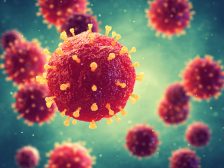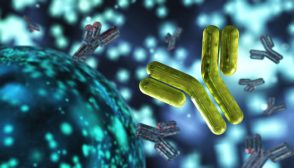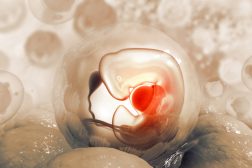Definition
noun
A phylum comprised of protozoans characterized by having a special organelle called an apical complex, and most of them are single-celled, parasitic, and spore-forming
Supplement
The Apicomplexa is a phylum comprised of organisms (referred to as apicomplexans) such as coccidian, gregarines, piroplasm, haemogregarines, and plasmodia. The first apicomplexan protozoon observed was the Eimeria stiedai oocyst in the gall bladder of a rabbit by Anton van Leeuwenhoek in 1674. Apicomplexans are sometimes taken as synonymous with sporozoans. At other times sporozoans are regarded as only a subset of the apicomplexans.
The apicomplexans are characterized by having an apical complex. It is a special organelle that appears as a conical structures on the tapered end (or the apical end) of the cell. It contains rhoptries, micronemes, polar rings, and conoid. Most of the apicomplexans are single-celled, spore-forming, and parasitic. The parasitic apicomplexan utilize the apical complex to penetrate a host cell. In humans, the medically-important apicomplexans include Babesia sp. (causing babesiosis), Plasmodium spp. (causing malaria), Cryptosporidium parvum (causing cryptosporidiosis), Cyclospora cayetanensis (causing cyclosporiasis), Isospora belli (causing isosporiasis), Toxoplasma gondii (causing toxoplasmosis), etc.
Scientific classification:
- Domain: Eukaryota
- (unranked): SAR
- Superphylum: Alveolata
- Phylum: Apicomplexa 1970
Other common name(s):
- apicomplexan
- Apicomplexia
See also:
- Protista
- protozoa
- Sporozoa
- apical complex







